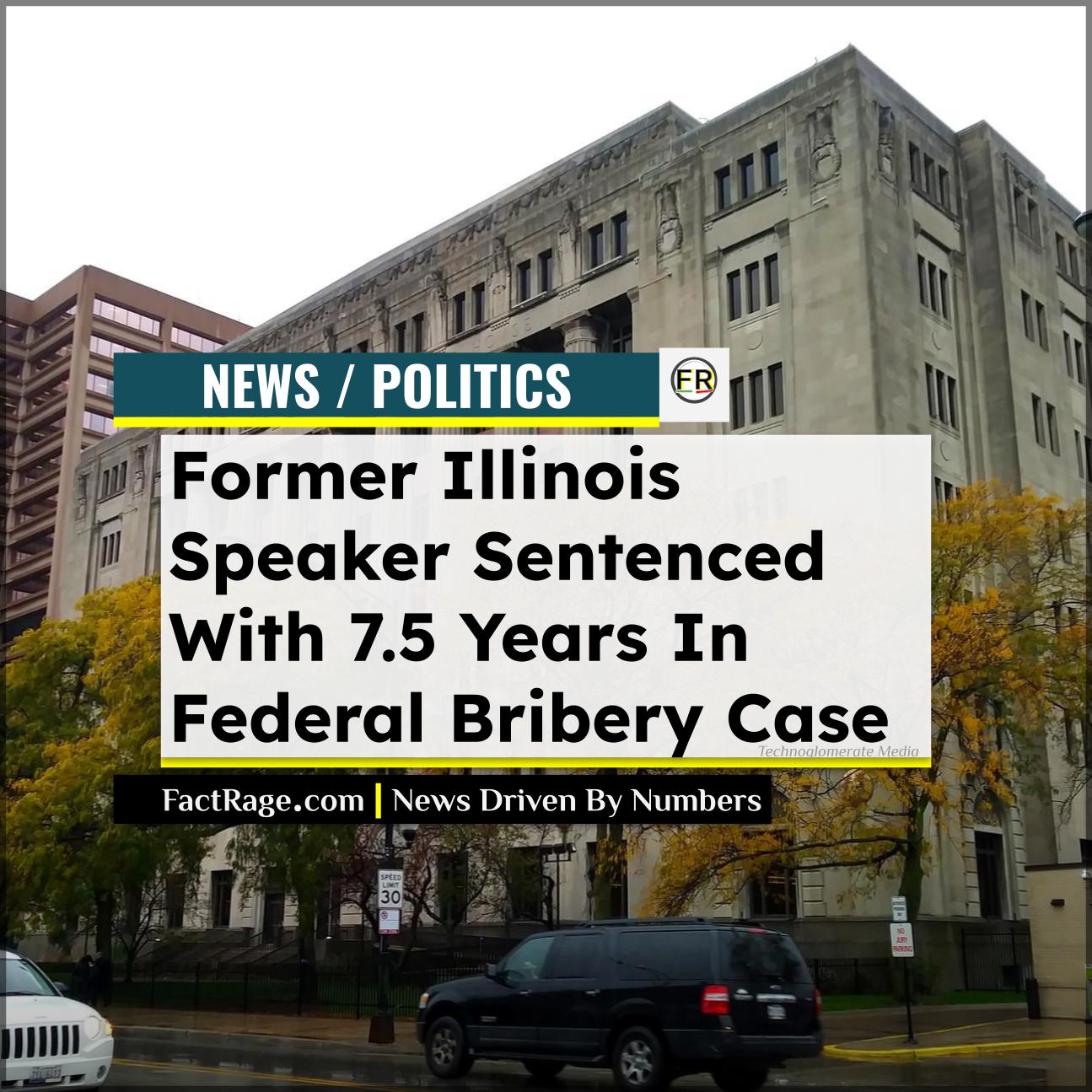NATIONWIDE – Pop superstar Taylor Swift has announced she has purchased the master recordings of her first six studio albums, ending a protracted battle over the ownership of her early music catalog.
Key Facts:
- Masters Acquired: Taylor Swift has officially bought back the master recordings of her first six albums, including “Taylor Swift,” “Fearless,” “Speak Now,” “Red,” “1989,” and “Reputation.”
- End of a Long Battle: This acquisition concludes a years-long dispute that began in 2019 when music manager Scooter Braun’s Ithaca Holdings acquired Swift’s former label, Big Machine Records, along with her masters.
- Impact of Re-recordings: Swift’s strategic decision to re-record her early albums, releasing them as “Taylor’s Version,” played a significant role in her ability to regain control and devalue the original masters held by others.
Swift’s journey to reclaim her musical legacy has been a highly publicized saga, drawing significant attention to the complex issue of artist ownership in the modern music industry. Her decision to re-record her past works served as a powerful statement and a direct challenge to the traditional model of music ownership.
The Long Road to Ownership: A Battle for Control

The dispute over Swift’s masters originated in 2019 when Scott Borchetta, founder of Big Machine Records, sold the label to Scooter Braun’s Ithaca Holdings for an estimated $300 million. This sale included the master recordings of Swift’s first six albums, which she had created under her contract with Big Machine. Swift publicly decried the sale, stating she was never given the opportunity to purchase her masters outright and characterizing the acquisition by Braun, with whom she had a contentious history, as her “worst-case scenario.”
What exactly are “masters” in the music industry, and why are they so crucial? Master recordings are the original sound recordings of a song. Whoever owns the master recording controls how the music is distributed, licensed for use in films, TV shows, commercials, and other media, and ultimately, how revenue is generated from those uses. While Swift always maintained the publishing rights to her songs (the rights to the composition, lyrics, and melody), the master recordings — the actual sound files — were owned by her label.
The Re-recording Strategy: “Taylor’s Version”
In response to the sale, Swift announced her intention to re-record her first six albums, effectively creating new master recordings that she would fully own. This unprecedented move was a bold strategic play aimed at diminishing the value of the original masters held by Braun and subsequent owners. By releasing “Taylor’s Version” albums, Swift offered fans a way to support her directly and ensured that she would profit from all future uses of her music.
Since 2021, Swift has successfully released four re-recorded albums: Fearless (Taylor’s Version), Red (Taylor’s Version), Speak Now (Taylor’s Version), and 1989 (Taylor’s Version). These re-recordings not only topped charts but often outstreamed their original counterparts, demonstrating the immense power of her fanbase and the effectiveness of her strategy.
The Final Acquisition: A Triumph for Artists

The masters were eventually sold by Scooter Braun to Shamrock Capital, a private equity firm, in November 2020 for over $300 million. Swift expressed her disappointment at this second sale without her knowledge, but continued her re-recording efforts. Now, in a major development, Swift has confirmed she has purchased her original catalog directly from Shamrock Capital. While the exact financial terms of the acquisition have not been disclosed, it marks the culmination of her years-long fight for creative and financial autonomy.
This victory for Taylor Swift is seen by many as a significant moment for artist rights across the music industry. Will this precedent encourage more artists to pursue ownership of their work, and how might it reshape future record deals? Swift herself has noted that her battle has ignited conversations within the industry, inspiring new artists to negotiate for ownership of their master recordings from the outset of their careers.











